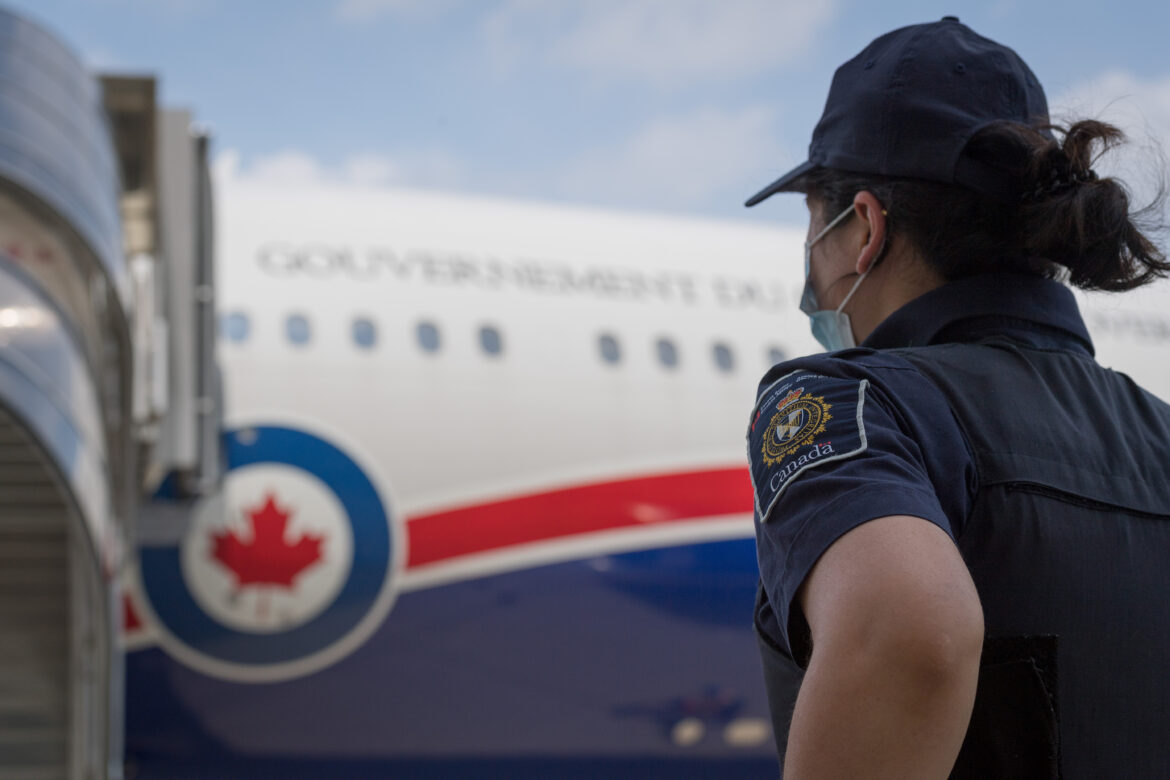The Public Interest Commission (PIC) established under the Federal Public Sector Labour Relations Act has issued its report concerning the protracted collective bargaining negotiations between the Treasury Board and the Public Service Alliance of Canada (PSAC), representing the Border Services bargaining unit.
The dispute, primarily centered on wage parity, benefits, and workplace conditions, involves approximately 9,000 employees of the Canada Border Services Agency (CBSA).
The PIC, chaired by William Kaplan with nominees Jean-Stephén Piché and Joe Herbert, conducted hearings via Teams/Zoom on April 10 and 22, 2024, following the expiration of the collective agreement on June 20, 2022.
Despite extensive negotiations, including 14 signed items by September 2023, PSAC declared an impasse, leading to the appointment of the Commission.
Key issues and recommendations
Comparators and wage parity: RCMP versus CBSA
One of the primary issues was the disagreement over appropriate comparators for the FB group. PSAC argued for parity with the RCMP, citing the CBSA’s status as the second-largest law enforcement agency in Canada.
The union’s brief highlighted the dangerous and demanding nature of CBSA work, which they claimed justified similar compensation and retirement benefits as those of RCMP officers. The union’s submission stated, “The central priority of this round of bargaining for the FB group is parity with the RCMP.”
However, the employer rejected this comparison, emphasizing significant differences in duties, training, and responsibilities between RCMP constables and CBSA officers. They argued that FB group employees exercise limited powers, primarily in controlled environments, unlike the broader mandate and continuous duty of police officers.
Outstanding proposals and economic context
Both parties presented a vast array of proposals, with the union bringing forward about 50 amendments and the employer proposing changes to 29 articles.
PSAC sought substantial economic improvements, including market adjustments, paid meal breaks, and various allowances, justified by the robust state of the Canadian economy and governmental finances.
Conversely, the Treasury Board argued that the union’s demands were unaffordable, estimating the cost at approximately $441.7 million over three years, which they claimed was inconsistent with prevailing settlement patterns.
Recommendations for moving forward
The Commission’s report emphasized the need for both parties to narrow down their priorities and resume collective bargaining. Specific recommendations included:
- Immediate resumption of collective bargaining with a focus on key priorities.
- Agreement on a four-year term for the new collective agreement, aligning with established patterns.
- Consideration of improvements achieved in other PSAC negotiations to find common ground.
- Transition to electronic access for collective agreements, with safeguards to ensure availability of printed copies where necessary.
The report highlighted the unique features of the CBSA workplace and the necessity for both parties to find a middle ground, especially on contentious issues like scheduling and telework. It also suggested the establishment of joint committees to address specific concerns such as telework arrangements and name tag policies.
For more information, see Treasury Board v. The Public Service Alliance of Canada (Border Services Group), 2024 CanLII 48203 (PSLREB).






